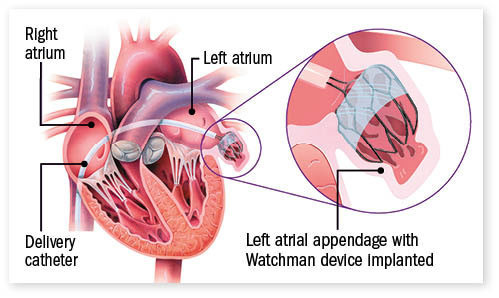
Counting steps is good — is combining steps and heart rate better?

Appendix pain: Could it be appendicitis?

Can saw palmetto treat an enlarged prostate?

How does Ozempic work? Understanding GLP-1s for diabetes, weight loss, and beyond

Zinc: What it does for the body, and the best food sources

Respiratory health harms often follow flooding: Taking these steps can help

Tips to leverage neuroplasticity to maintain cognitive fitness as you age

Can white noise really help you sleep better?

Celiac disease: Exploring four myths

What is prostatitis and how is it treated?
Heart Health Archive
Articles
Fruit of the month: Pears
What’s your daily budget for saturated fat?
Cycling: A low-impact exercise that helps the heart
Experimental wireless pacemaker dissolves when no longer needed
Aspirin and bruising
Taking low-dose aspirin may increase bruising and minor bleeding from small cuts. Minor bleeding does not necessarily indicate a greater likelihood of experiencing major bleeding.
Breath training may lower blood pressure
Better blood sugar tracking: A benefit for heart health?
Stroke prevention in atrial fibrillation: Beyond anti-clotting drugs
Fruit of the month: Pomegranate
Eating more whole grains linked to lower heart-related risks

Counting steps is good — is combining steps and heart rate better?

Appendix pain: Could it be appendicitis?

Can saw palmetto treat an enlarged prostate?

How does Ozempic work? Understanding GLP-1s for diabetes, weight loss, and beyond

Zinc: What it does for the body, and the best food sources

Respiratory health harms often follow flooding: Taking these steps can help

Tips to leverage neuroplasticity to maintain cognitive fitness as you age

Can white noise really help you sleep better?

Celiac disease: Exploring four myths

What is prostatitis and how is it treated?
Free Healthbeat Signup
Get the latest in health news delivered to your inbox!
Sign Up











